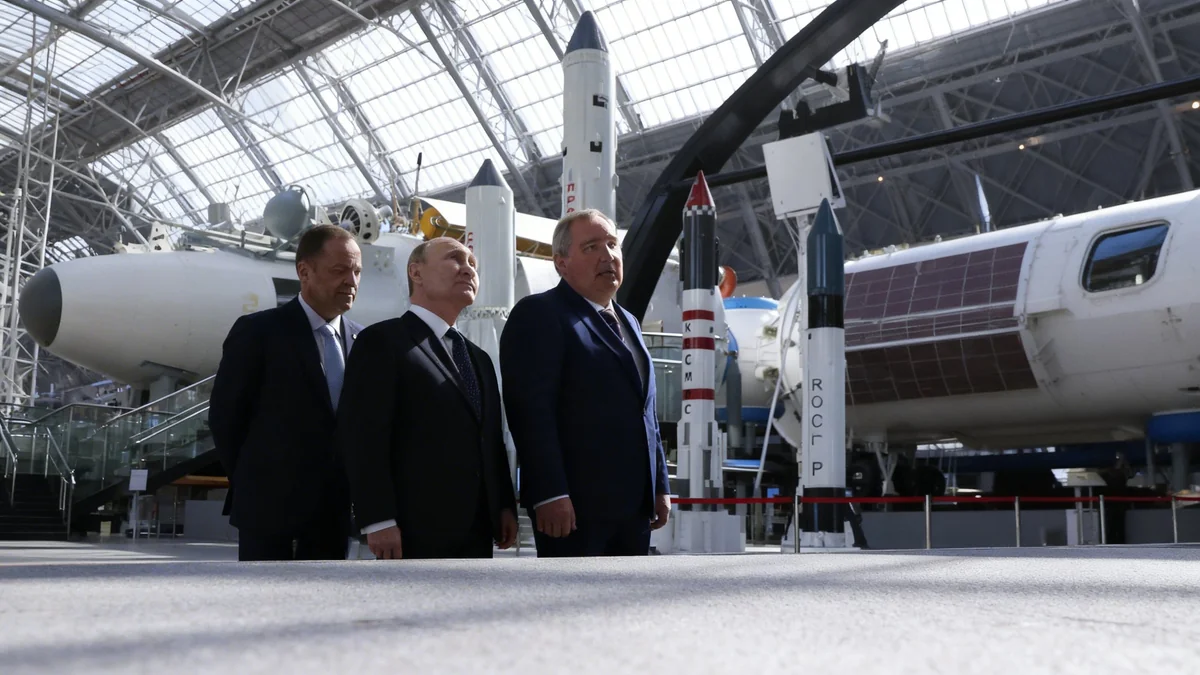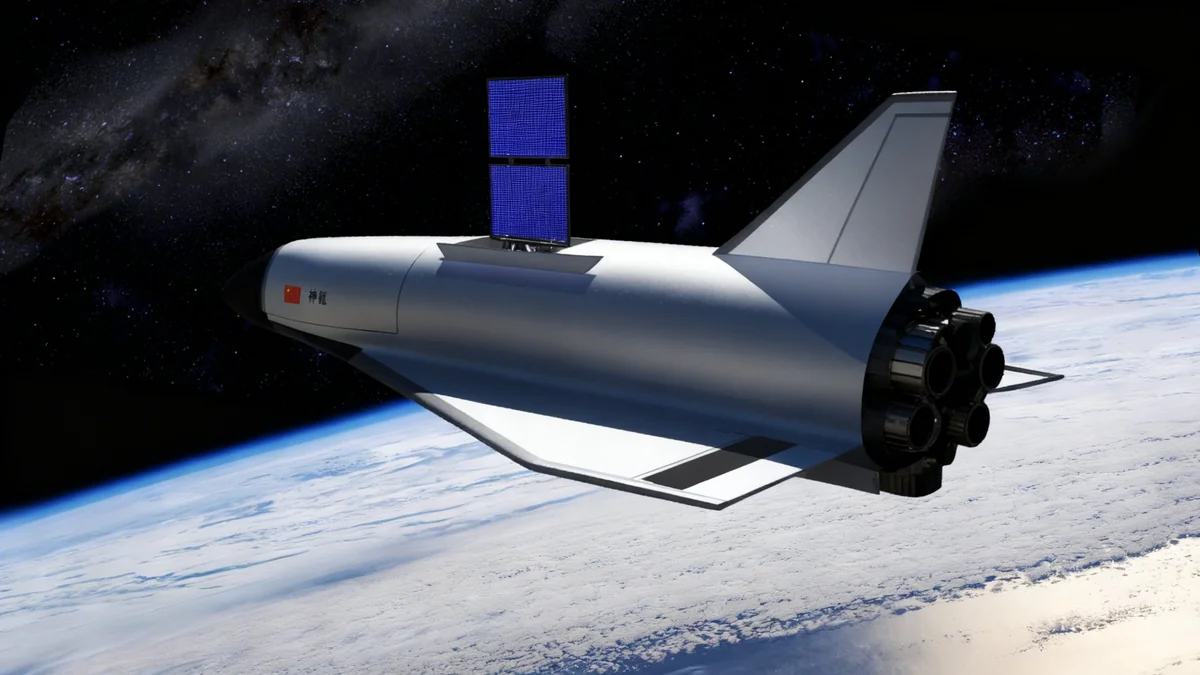Germany has announced a significant investment of €35 billion ($41 billion) into its space defense capabilities, with the funds to be allocated by 2030. The move comes in response to what German officials describe as rapidly growing threats in outer space, particularly from Russia and China.
Defence Minister Boris Pistorius detailed the plan, stating that the investment is necessary to protect critical national infrastructure and deter potential adversaries in an increasingly contested domain. The funding will support a comprehensive strategy to build a resilient and independent space security architecture.
Key Takeaways
- Germany will allocate €35 billion ($41 billion) to space defense projects by the year 2030.
- The investment is a direct response to the expanding space-based military capabilities of Russia and China.
- The plan includes developing new satellite constellations, ground stations, and advanced cybersecurity for space systems.
- Defence Minister Boris Pistorius highlighted the vulnerability of modern societies, which depend heavily on satellite technology.
A New Era for German Defense Policy
The announcement, made by Defence Minister Boris Pistorius at the Space Congress of the Federation of German Industries, marks a substantial shift in Germany's defense posture. This financial commitment reflects a growing recognition within Europe that space is a critical domain for national security and economic stability.
Under the leadership of Chancellor Friedrich Merz, Germany has been re-evaluating its military spending, particularly since the conflict in Ukraine began. This new space defense fund is part of a broader initiative to increase military readiness and enhance NATO's collective security in Europe.
"Russia and China have in recent years rapidly expanded their capabilities for conducting warfare in space," Pistorius stated during his address. "They can disrupt, jam, manipulate or even physically destroy satellites."
The minister emphasized that the nature of space erases traditional geographical boundaries, making distant nations immediate neighbors in orbit. "In space, there are no borders or continents. Russia and China are our immediate neighbors there," he added, underscoring the urgency of the new strategy.
The Strategic Rationale for Investment
The German government's decision is based on intelligence and observations of increased activity by other nations in space. Pistorius provided specific examples, noting that adversaries are actively developing and deploying systems that could threaten German and allied assets.
He revealed a startling statistic to illustrate the constant surveillance from orbit. "In the time it took me to give this speech, a total of 39 Chinese and Russian reconnaissance satellites are overflying us," he said, highlighting the real-time data collection capabilities of these nations.
Space Activity Over Germany
According to the Defence Minister, dozens of reconnaissance satellites from nations like Russia and China pass over German territory daily, capable of transmitting observation data in real time. This constant orbital presence is a key driver of Germany's new defense initiative.
The minister also pointed to specific behaviors, noting that China is already "conducting highly agile and dynamic manoeuvres" with its satellites. He added that Russia is "positioning its reconnaissance satellites in close proximity" to the space systems of Germany and its allies, actions that are perceived as potentially aggressive.
Protecting the 'Achilles Heel' of Modern Society
A central theme of the minister's speech was the profound dependence of modern life on space-based technology. He explained that satellite networks are essential for a wide range of civilian and military functions, from financial transactions and communication to navigation and weather forecasting.
This reliance creates a significant vulnerability. "Satellite networks are an Achilles heel of modern society," Pistorius warned. "Those who attack them can cripple entire nations."
The potential impact of a conflict in space is immense. An attack on GPS satellites could disrupt transportation, emergency services, and power grids. The loss of communication satellites would affect global connectivity and broadcasting. Pistorius stressed that such an attack would not be limited to the military but would affect millions of civilians directly.
Components of Germany's New Space Architecture
The €35 billion investment will be used to create a multi-layered defense system. The goal is not to militarize space but to establish a credible deterrent and ensure Germany can protect its assets. The plan is built on several key pillars:
- Resilient Satellite Constellations: Developing and deploying new satellites for communication, surveillance, and navigation that are more resistant to attack or disruption.
- Secure Ground Infrastructure: Upgrading and securing ground stations that control satellites and process the data they collect.
- Independent Launch Capabilities: Investing in the ability to launch German and European satellites from secure locations, reducing reliance on other nations.
- Enhanced Situational Awareness: Improving the ability to track objects in orbit through a network of radar, telescopes, and dedicated space surveillance satellites. This is crucial for detecting threats and avoiding collisions.
- Robust Cybersecurity: Implementing advanced cybersecurity measures to protect all space systems, from satellites to ground control networks, against digital attacks.
The Broader Geopolitical Context
Germany's move is part of a wider trend among Western nations. The United States has established its Space Force, and other NATO allies are also increasing their investments in space defense. These actions are often framed as a response to the development of anti-satellite (ASAT) weapons by Russia and China, which have demonstrated the capability to destroy satellites in orbit, creating dangerous fields of space debris.
Pistorius confirmed that Germany will build military structures "to enable us to effectively defend ourselves and deter potential adversaries in space." This comprehensive approach aims to ensure that Germany maintains access to and use of space, which is considered vital for its national security and economic prosperity in the 21st century.





